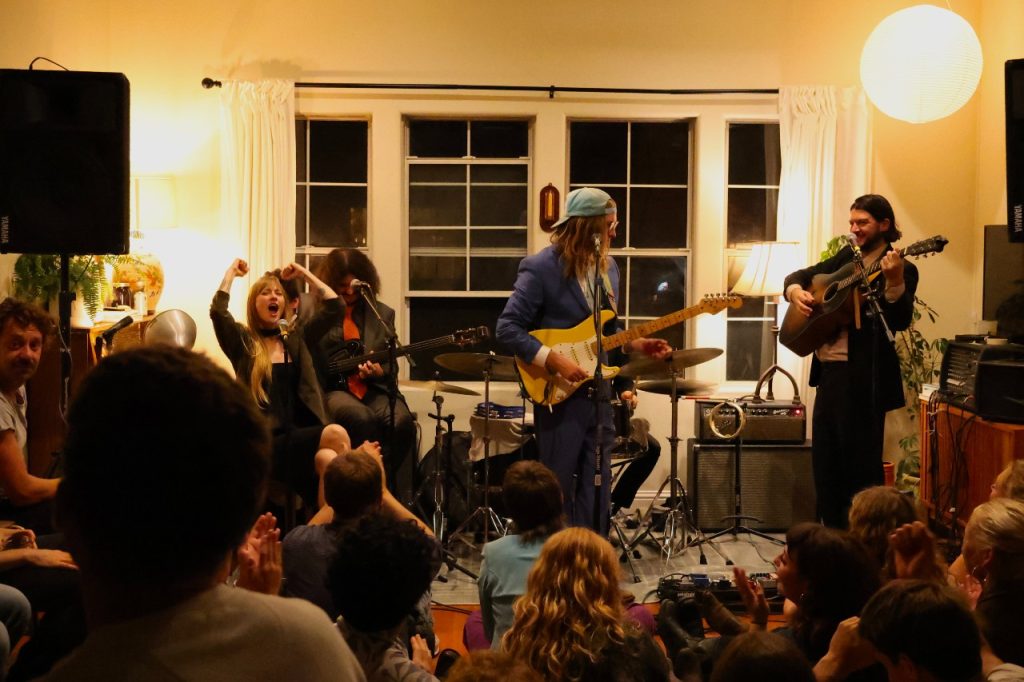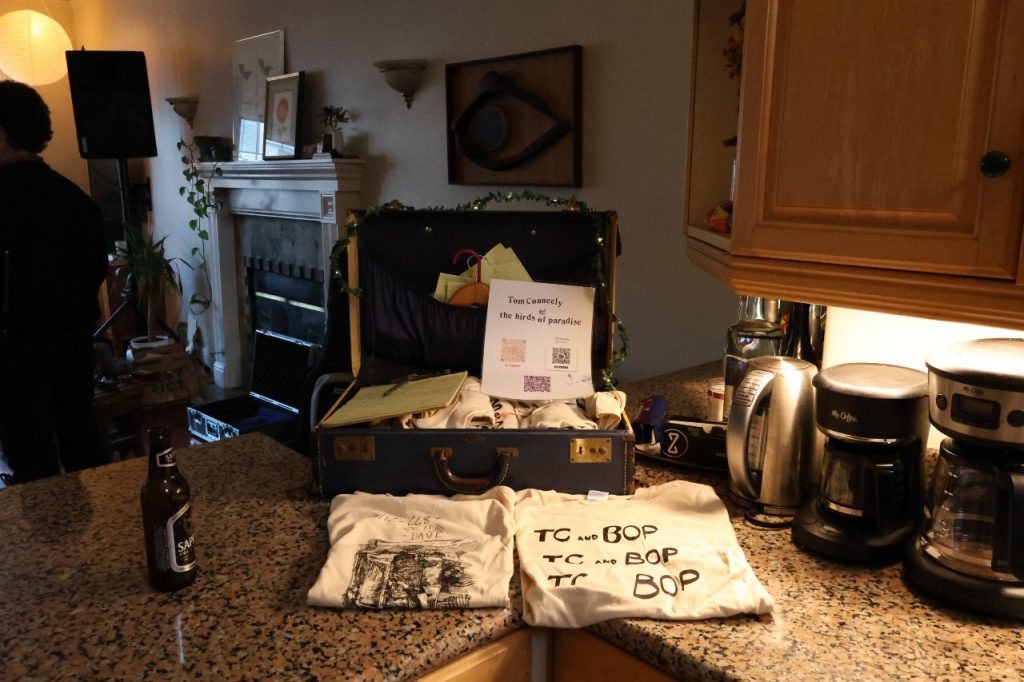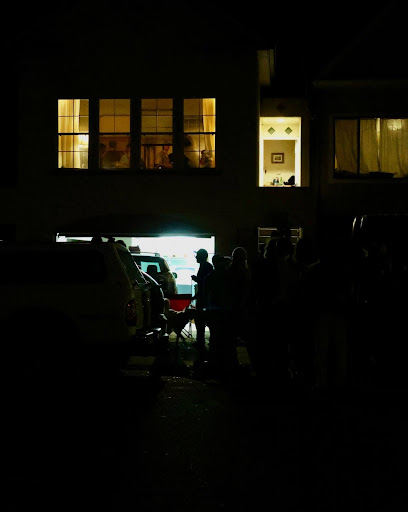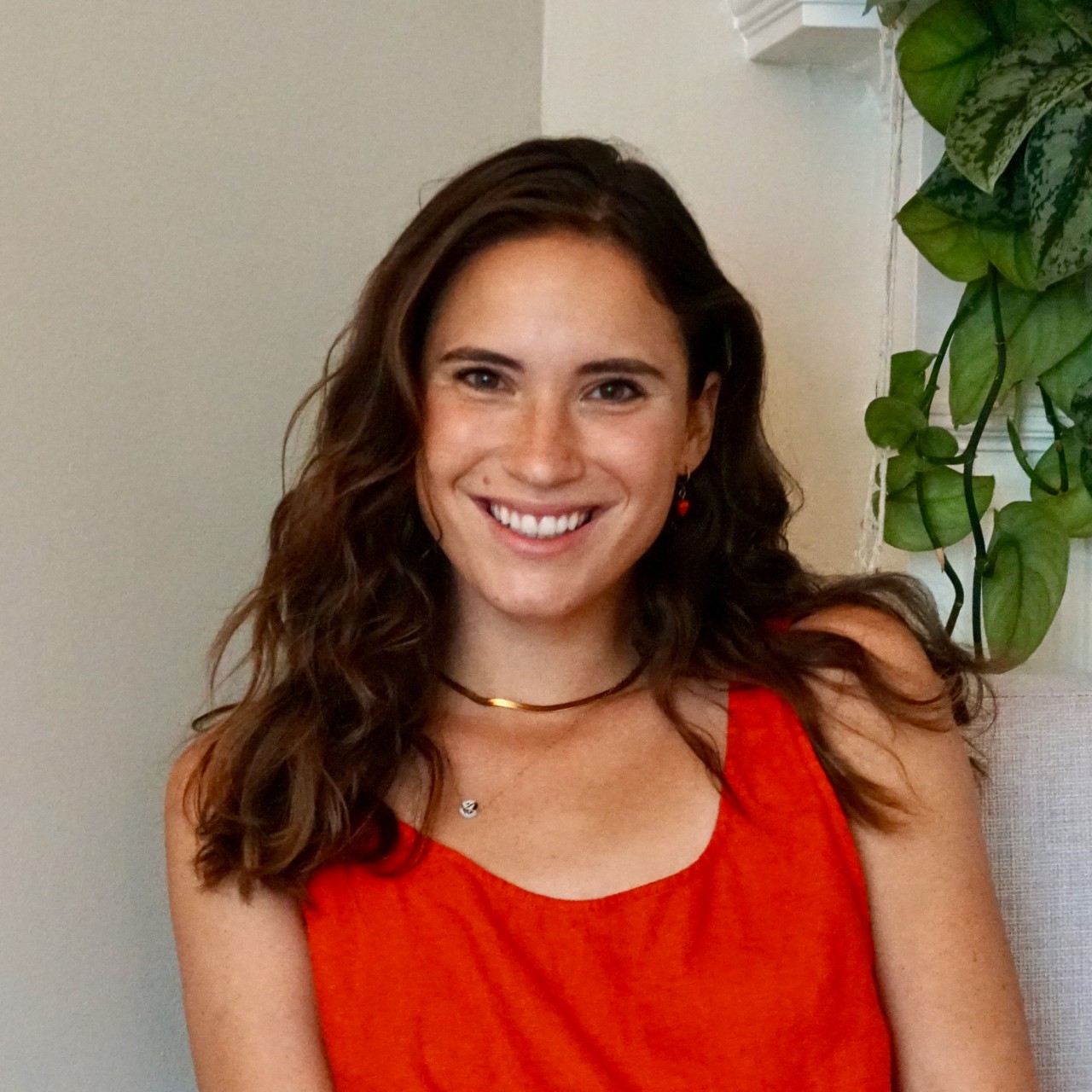
SAN FRANCISCO — Every few months, a little house in the outer reaches of San Francisco transforms into an intimate concert venue to host the Rinkside Sessions.
For independent musicians looking to make a living, house concerts can be a soul-feeding, and lucrative, alternative to singing in half-empty bars and sharing slices of the door with venues.
Since the series started last year, the Rinkside home has hosted five concerts, each with over 100 attendees, and they show no signs of stopping.
October featured three sensational sets courtesy of Eliza Rose, Mark Tegio, and Tom Conneely & the Birds of Paradise.
House concerts like the Rinkside Sessions appear to be filling an important gap in the music industry.
Platforms like Sound Cloud and Spotify make being an independent artist easier than ever by allowing anyone to publish their work with little to no overhead.
However, getting the music online and making a living off of it are two different things. Spotify pays artists an average of $0.003 cents per stream. That means it takes most musicians about 10,000 streams to match a single physical record sale.
This model means small artists make most of their money selling physical records, merchandise, and concert tickets.

Most musicians need to bring their merchandise to the people in order to generate sales. Mark Tegio went as far as to describe himself as a “t-shirt store with more steps.”
Finding venues to play has not been as frictionless as publishing work for independent artists, particularly in the wake of the pandemic.
During COVID smaller venues sold to conglomerates like Live Nation to stay afloat. At the same time, inflation hit the industry, raising the cost of labor, insurance, equipment, and, in turn, concert tickets.
As the market shifted, artists and fans created new spaces by investing in alternative venues like living rooms.
House concerts work in places like San Francisco in part because the city does not require permits for events in private residences. Events like the Rinkside Sessions also found success because neighborhoods like the Outer Sunset embrace this kind of event: the whole block gets the invite, the show ends by 10PM, everybody wins.

After the concert, I caught up with Nat Lefkoff, a musician who makes his living mostly through house concerts.
These intimate shows allow Nat to play smaller towns between big weekend gigs, to have more control over his income at the end of the night, and, most importantly, to make new connections.
Instead of worrying about tearing down after the show, he’s able to hang-out with concert-goers, answer their questions, and maybe even share a meal. By simply changing venues, a performance turns into a connection. That connection turns into a cross-country community.
Community in turn drives these house concerts. Scott Webb, one of the Rinkside hosts, put it best.
“ I am not a capitalist, but when it comes down to supply and demand, people are looking for community. That is the demand, if you will, and music can supply that.”

